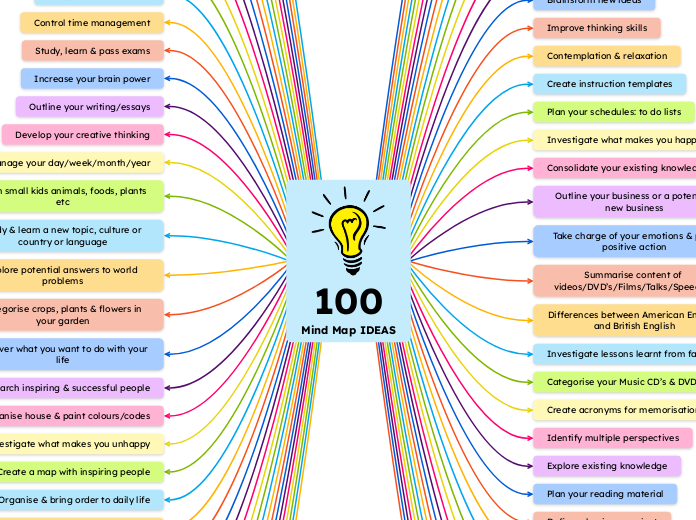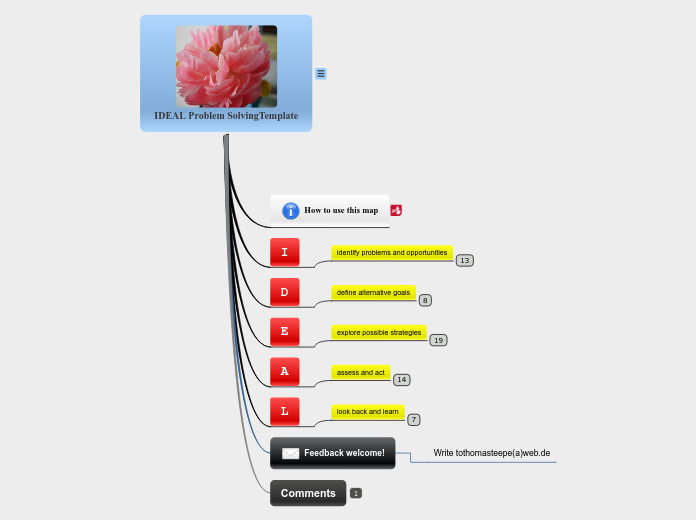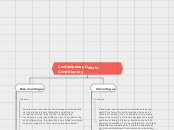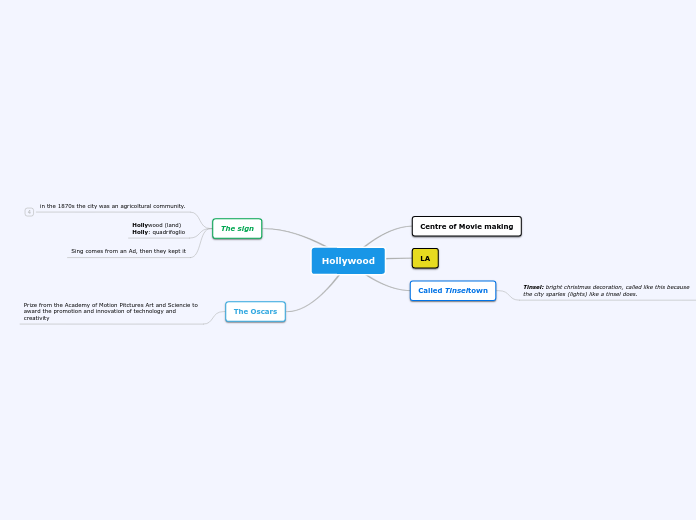Professional Development
Shanker
Self-Regulation & Sensory Needs
Hattie
Almarode
Almarode - Assessment (from lecture Apr 5)
- Three questions students should ask themselves every day:
- What am I learning?
- Why am I learning it?
- How do I know I’ve learned it? (what does success look like)
- OTF project - are missing last point, we need to create criteria for students “I can self regulate because…” need to have clear criteria so students can then reflect and input info into portfolio
- IMPACT of student learning - can be small, moderate, huge - we need to look for how to make the large impact (everyone feels it)
- 1. Clarity (when both students and teachers can clearly answer those 3 questions)
- What is an assessment capable learner?
- Six characteristics:
- What they understand & What they dont understand
- their next steps
- Tools to select to take next step
- Constantly want feedback
- Monitor own progress
- Recognize own learning
- Help others
Assessment Capable Visible Learners book
- Research supports PROXIMAL next steps not far away
- Self regulation in an academic context
- Run this parallel with self reg of emotions/behaviour (go hand in hand)
- Should help build self efficacy around these skills in order for them to help others
In terms of learning, FEEDBACK is more important - addresses where are my learners, and where I want them to go - the GAP
- We don’t tell them the answer/hot to do it, we tell them where to go to be able to self-assess and self-monitor (give them the guidance to do it - prompting!)
- Help them see where they are, where they’re going and what they can do to close the gap
- If we do this, we are building assessment capable learners
- We purposefully let them know the learning intention, purposefully let them choose strategies
- Four years worth of learning in one year
- For inquiry to work, all three for as and of need to be there
- What do they need to master? Did they master the content?
- OF- mastery
- FOR- things we put in place daily to monitor learning - are they progressing in the learning as they
- AS- scaffolding, to engage throughout
Assessment / Feedback
Inquiry
Neuroscience









